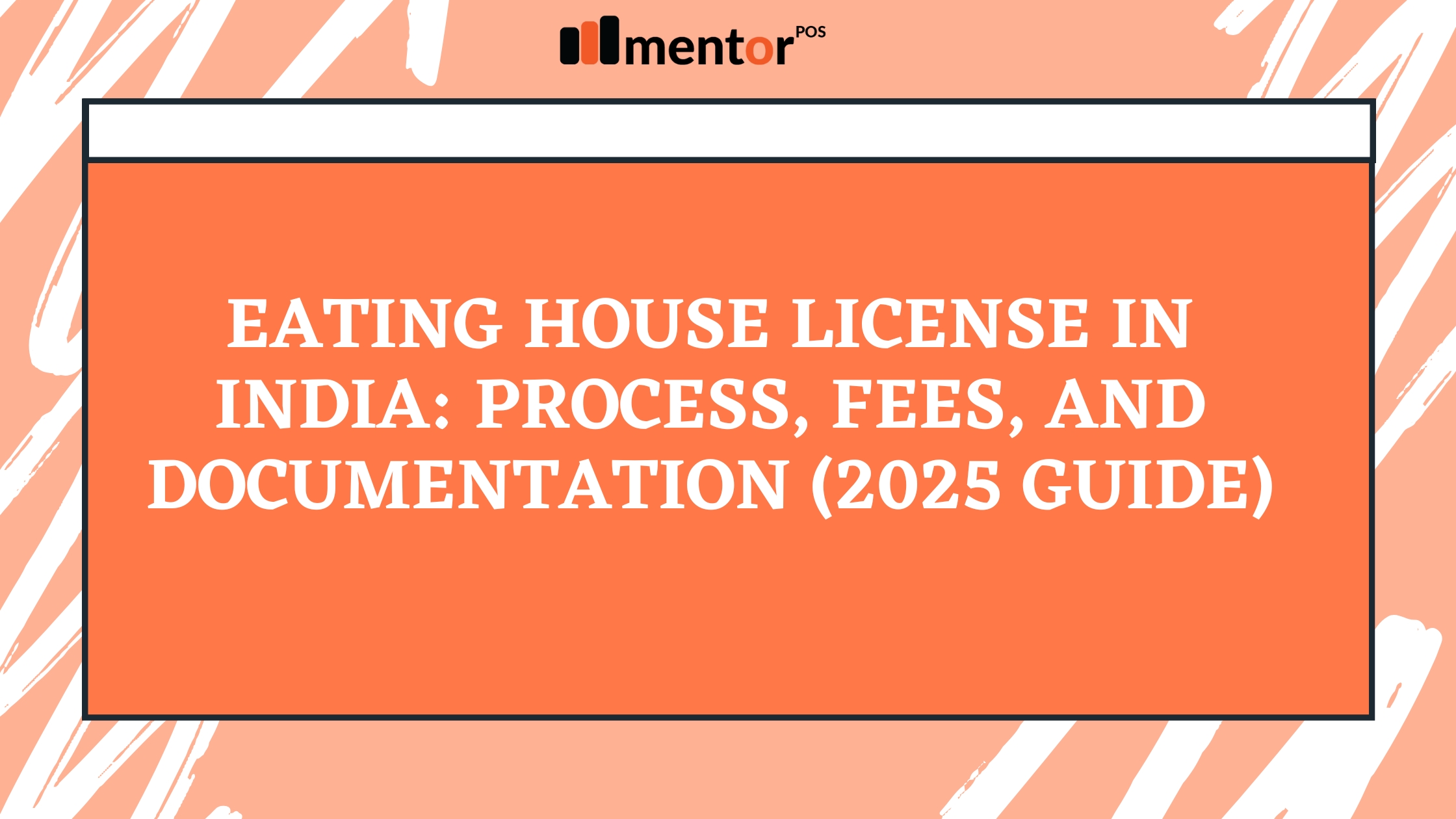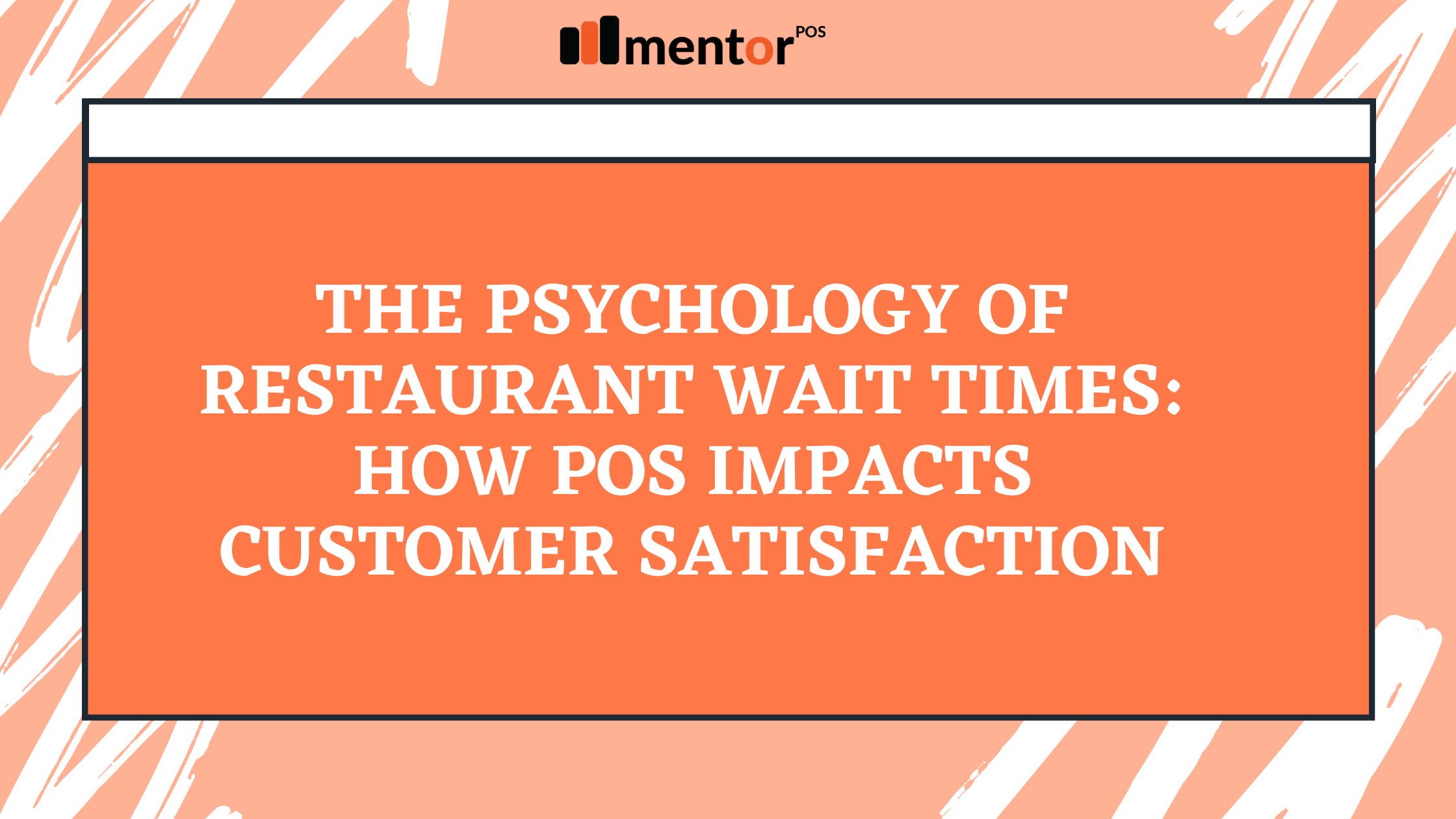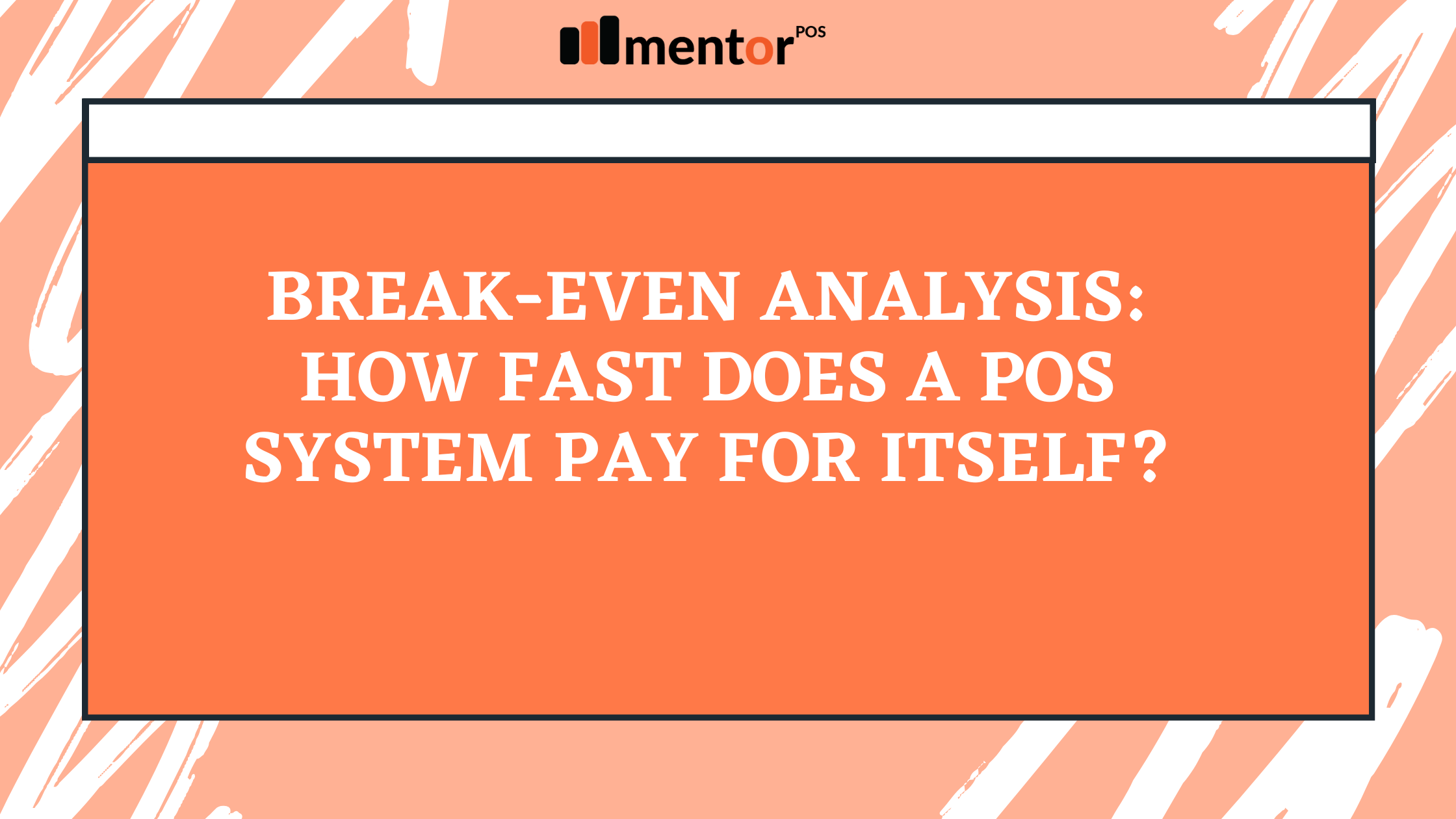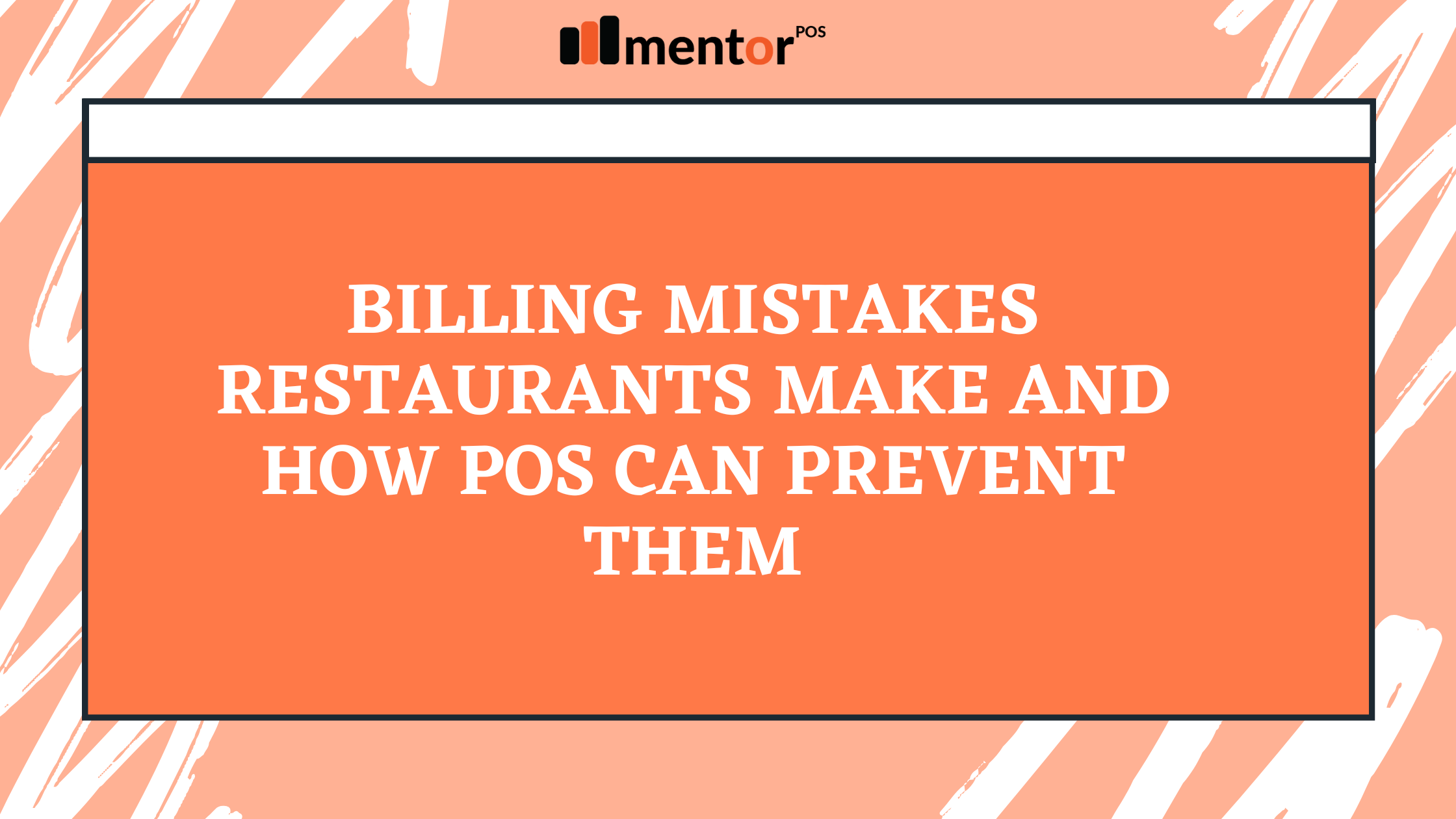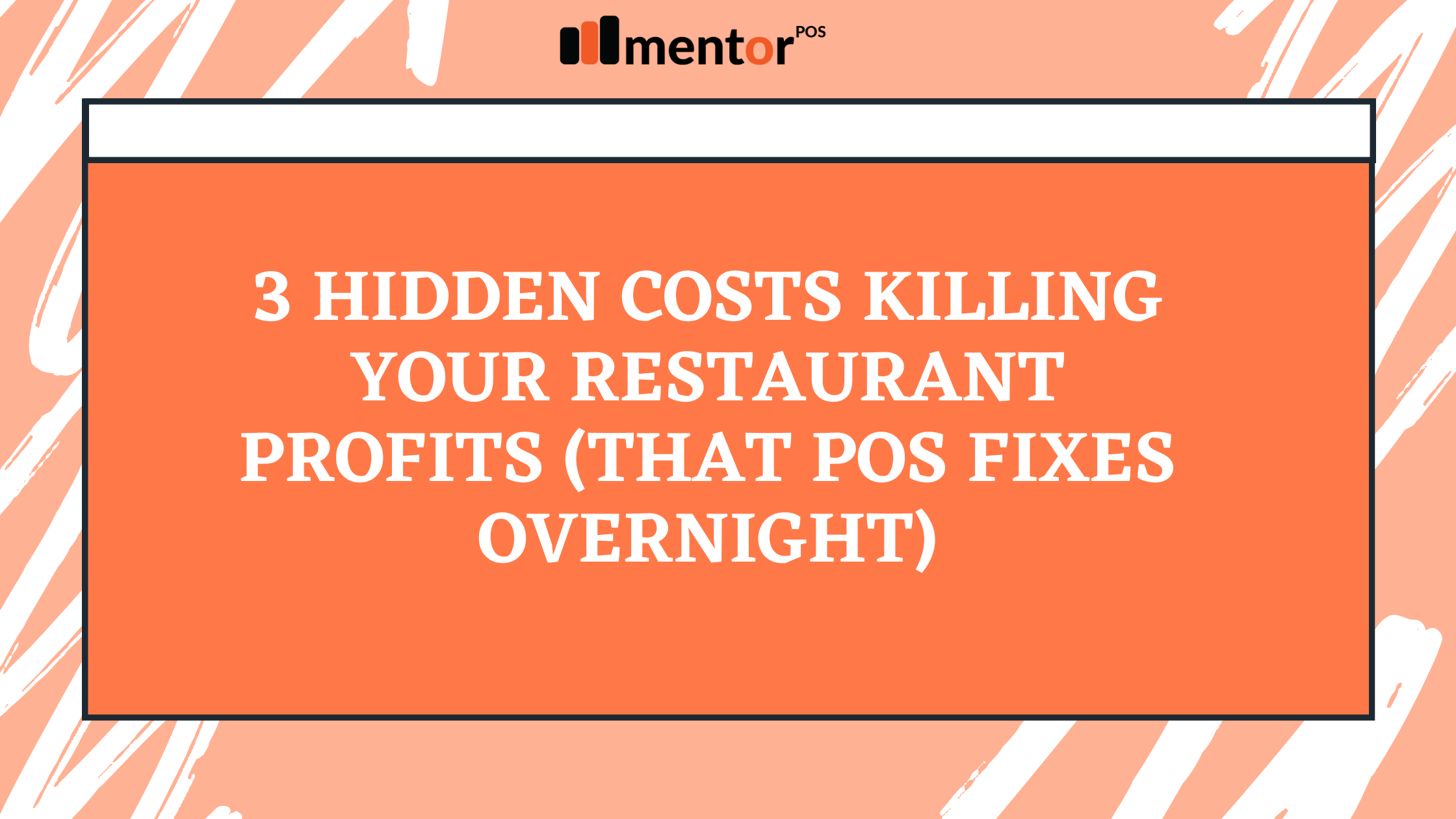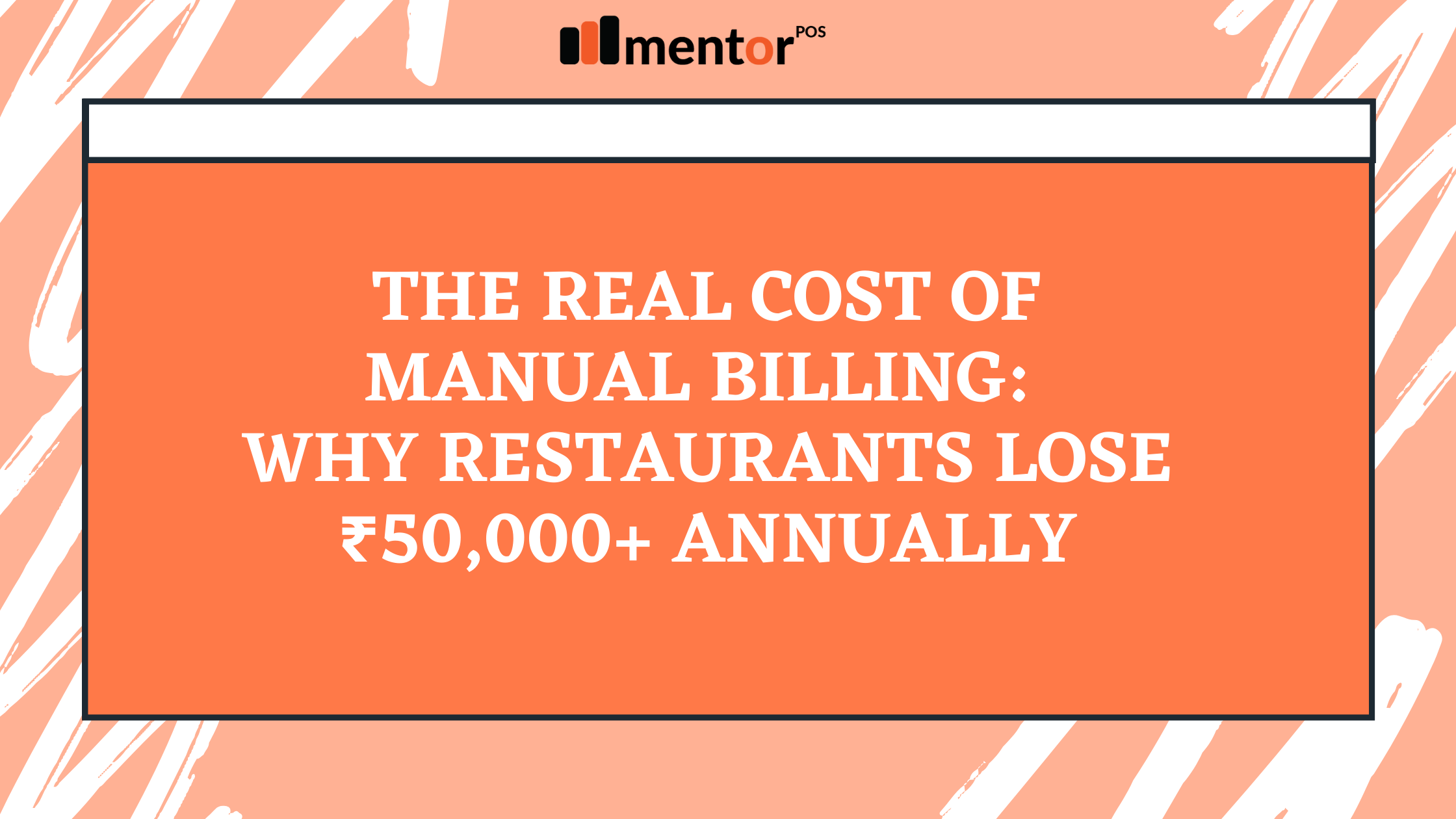Running a restaurant, café, bar, or food outlet in India involves more than just great food and ambiance — it requires compliance with multiple legal permissions. Among the most crucial of these is the Eating House License. This license ensures that your establishment is authorized to serve food and beverages to the public while adhering to safety and public order regulations.
Whether you’re planning to start a small café or a fine dining restaurant, understanding the process, fees, and documentation for obtaining an Eating House License is essential. This blog walks you through everything you need to know before applying.
What Is an Eating House License?
An Eating House License is a mandatory permission granted by the Police Commissioner of the respective city under the Delhi Police Act, 1978 (and similar acts in other states). Any place where food or drink is served to the public — whether for consumption on the premises or as take-away — is considered an “eating house.”
The purpose of this license is to regulate establishments serving food and beverages, ensure public safety, and maintain order and hygiene standards.
Restaurants, cafés, food trucks, bars, clubs, hotels, bakeries, and even cloud kitchens fall under the category of eating houses.
Why Do You Need an Eating House License?
Operating without an Eating House License can result in heavy penalties or even closure of your business. Here’s why it’s essential:
- Legal Compliance: It’s a mandatory requirement under state police regulations.
- Safety Verification: The police department ensures the premises are safe for public occupation.
- Public Trust: Customers are more likely to trust a business that operates legally.
- Business Continuity: It avoids disruptions during inspections or audits.
In short, the license is proof that your establishment meets all local laws and safety norms.
Eligibility Criteria
To apply for an Eating House License in India, the following conditions must generally be met:
- The applicant should be the owner or authorized representative of the eating house.
- The establishment must comply with fire safety norms, FSSAI registration, and municipal health guidelines.
- All employees working at the premises must have valid identity and address proofs.
- Proper security measures like CCTV installation, emergency exits, and hygiene maintenance should be in place.
Documents Required for an Eating House License
When applying for an Eating House License, documentation plays a vital role. Below is a checklist of key documents you’ll typically need:
- Proof of Legal Occupancy – Rent agreement or ownership proof of the property.
- Identity and Address Proof – Aadhaar card, voter ID, or passport of the owner.
- FSSAI License or Registration Certificate – Proof of compliance with food safety standards.
- Fire Safety Certificate – Issued by the local fire department.
- Trade License – From the local municipal corporation or panchayat.
- GST Registration Certificate – Proof of business registration under GST.
- Police Verification Report – For the applicant and employees.
- Site Plan and Layout of Premises – Showing kitchen, seating area, exits, etc.
- Photographs of the Premises – Interior and exterior images of the establishment.
- List of Directors/Partners – For businesses operating as a company or LLP.
- Electricity Bill or Utility Proof – To confirm operational premises.
- Undertaking Regarding CCTV Installation – Including footage retention for 30 days.
It’s advisable to double-check with the local police licensing department, as documentation may vary slightly by state or city.
Procedure to Obtain an Eating House License in India
The process of obtaining an Eating House License has been streamlined through online portals in many states, such as the Delhi Police Licensing Unit (https://delhipolicelicensing.gov.in/). Here’s a step-by-step guide to help you navigate the process:
Step 1: Online Application
Visit your city’s police licensing website. Fill out the online application form with details such as establishment name, address, and owner’s information. Upload all required documents.
Step 2: Payment of Fees
After submitting the form, you’ll be directed to pay the prescribed fee online. The amount varies based on the city and type of establishment.
Step 3: Document Verification
Once submitted, the documents are reviewed by the licensing authorities. If everything is in order, a physical inspection of the premises may be scheduled.
Step 4: Police Inspection
A police officer visits the establishment to ensure compliance with safety, security, and hygiene standards. They will check CCTV cameras, fire exits, sanitation, and overall layout.
Step 5: Approval & License Issuance
If the premises meet all requirements, the license is approved and issued — typically within 30 to 60 days. You can download the license online or collect it from the police licensing office.
Fees for Eating House License in India
The fees for an Eating House License depend on the location and size of the establishment. On average:
- Small Café or Takeaway: ₹3,000 – ₹5,000
- Mid-Size Restaurant: ₹10,000 – ₹15,000
- Bar or Fine Dining Restaurant: ₹15,000 – ₹25,000
Additionally, renewal fees are applicable annually or bi-annually depending on your city’s regulations.
Keep in mind that late renewals may attract fines, so it’s crucial to renew the license before expiry.
Also Read: Step-by-Step Guide: Renewal of Restaurant Licenses Without Penalties
Validity and Renewal
The validity of an Eating House License generally ranges between 1 to 3 years, depending on state laws. Renewal should be initiated at least 30 days before expiry. Renewal usually requires:
- A copy of the previous license.
- Updated documents (if any).
- Payment of renewal fees.
Key Points to Remember
- Display your Eating House License prominently at the premises.
- Always maintain updated CCTV footage and employee records.
- Obtain additional permits if your restaurant serves liquor, plays music, or has outdoor seating.
- Keep fire safety equipment functional and inspected regularly.
Conclusion
Obtaining an Eating House License is a critical step for every food business in India. While the process may seem procedural, it ensures your restaurant operates legally and safely — fostering customer confidence and business credibility.
By following the right process, maintaining transparency, and adhering to legal norms, you can focus on what truly matters: serving great food and creating memorable dining experiences.
So, before you open your doors to customers, make sure your Eating House License is in place — it’s the recipe for a compliant and successful food business.

